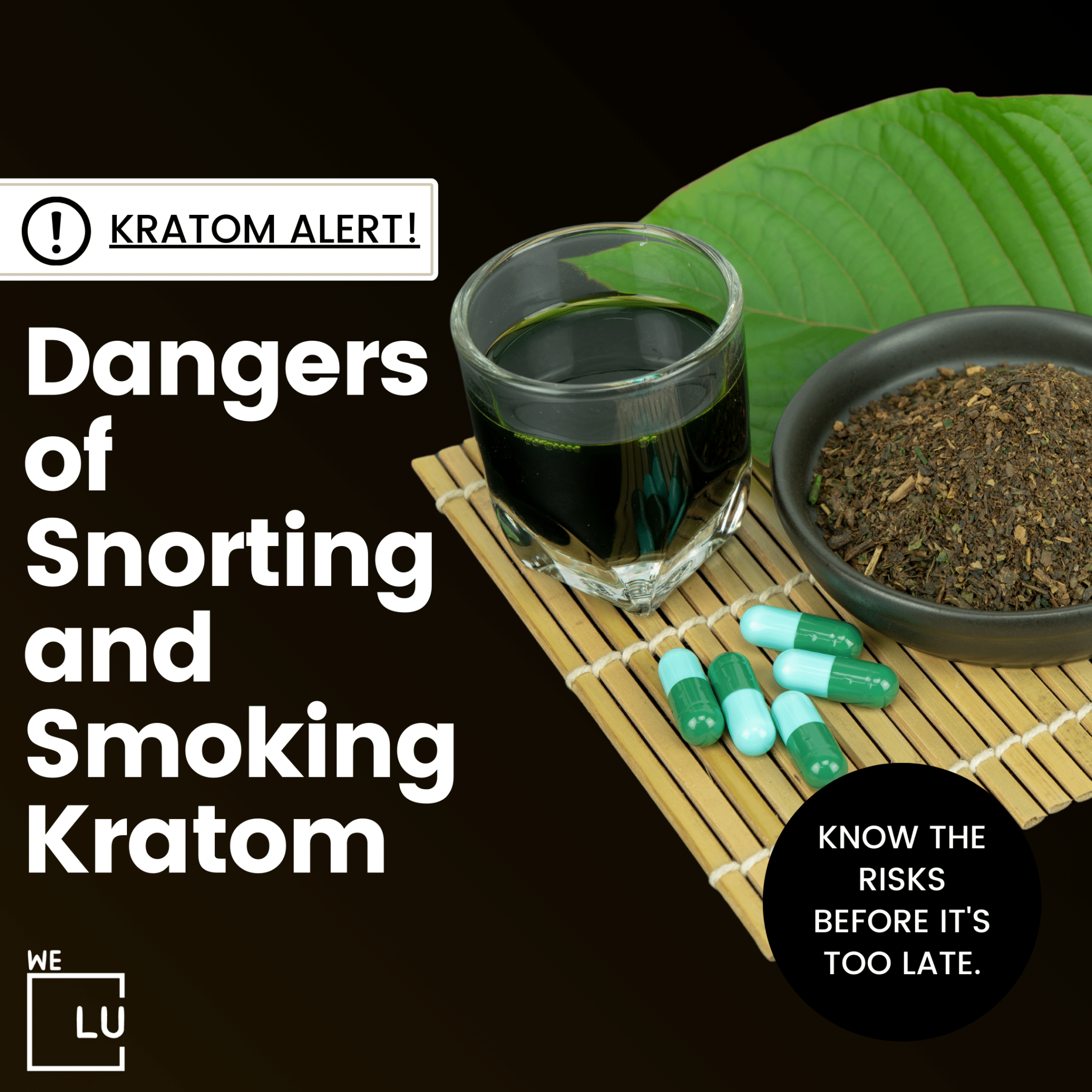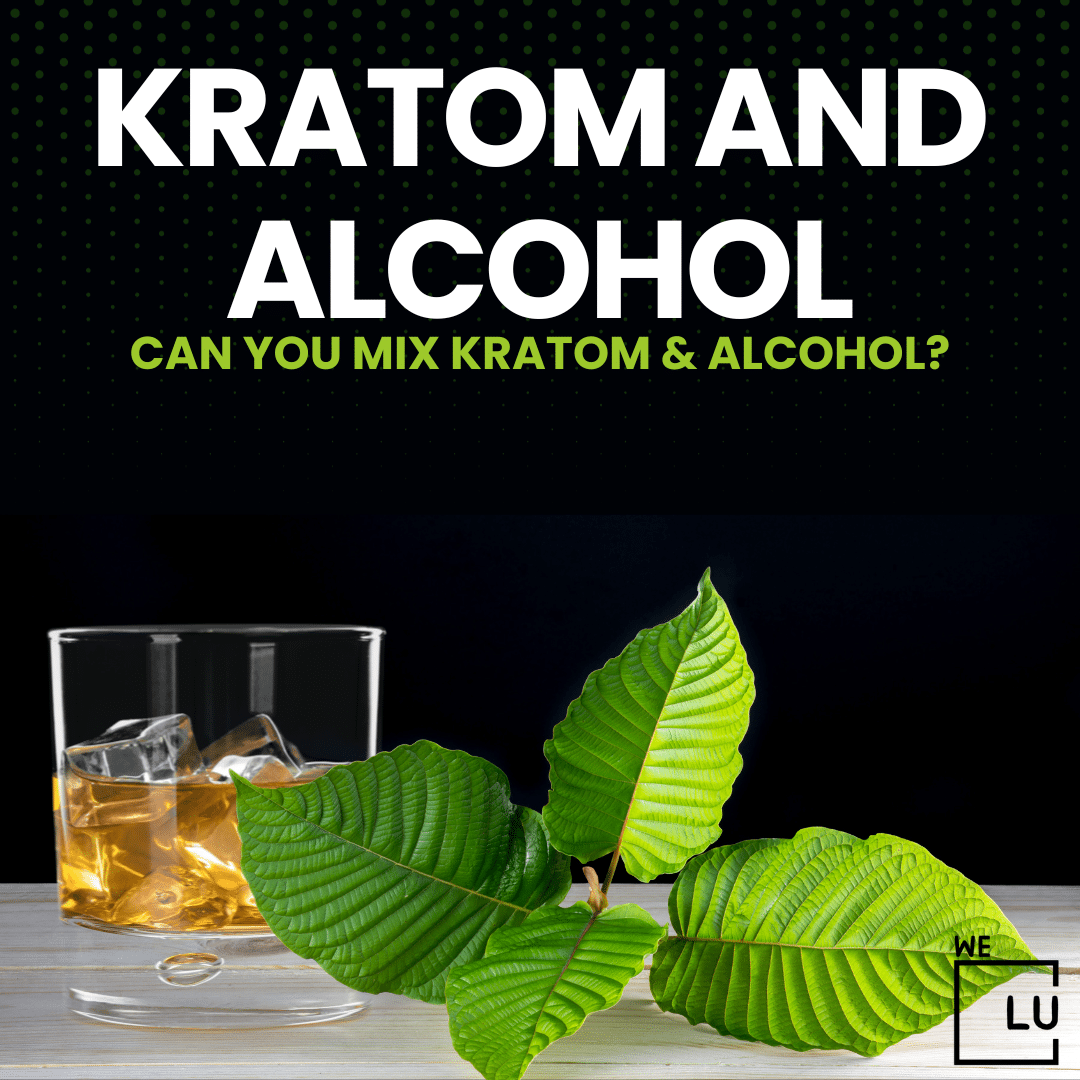Zaza Red, a common name for the tricyclic antidepressant tianeptine, has been making headlines due to its misuse and addictive properties. Often referred to as “gas station heroin,” it is sold over the counter at local gas stations or online under various names. Despite its dangerous side effects, it is legal in several U.S. states.
If you or someone you know is struggling with tianeptine misuse or addiction, don’t hesitate. Call We Level Up CA today for help and support. Your journey to recovery starts with one free and confidential call!
What Is Zaza Red?
Zaza Red is a common name for a drug called tianeptine, which is a tricyclic antidepressant. It’s often referred to as “gas station heroin” and is sold over the counter at local gas stations or online under various names. It’s marketed as a dietary supplement or nootropic, a designer drug that claims to enhance brain function.
Many people turn to Zaza Red in an attempt to self-medicate their opioid addiction and reduce withdrawal symptoms but instead find something equally addictive and dangerous. Unlike other antidepressants, tianeptine binds to the MU opioid receptors in the brain, the same places that opioids like heroin and fentanyl bind.
On March 15th, 2021, the Alabama Department of Public Health (ADHP) officially banned Zaza Red and declared all tianeptine-based products as Schedule II controlled substances illegal to sell or possess. Other states took notice and saw trends similar to Alabama and have made moves to enact Zaza Red bans.
Zaza Red comes in capsule, pill, liquid, or bulk powder forms that people will swallow and dissolve into a liquid to drink, smoke, or inject.
What Are The Other Names For Zaza Red?
Other common names for Zaza Red (tianeptine) in the United States include:
- Tianna/Tianaa/Tiana Red Dawn.
- Tianna Red.
- Tianna White.
- Zaza Tia.
- Zaza White.
- Zaza Silver.
- Tianeptine sulfate.
- Tianeptine sodium powder.
- Zaza White and Silver are slightly different from Zaza Red as their packages also claim to contain phenibut or kratom.
What Type Of Drug Is Zaza Red (Tianeptine)?
Tianeptine is a medication used primarily as an antidepressant. It is not typically classified as a drug of abuse or a recreational substance. However, it’s important to note that misuse or abuse of any medication can have serious consequences.
Tianeptine’s primary therapeutic use is for treating depression. It is believed to work by modulating the levels of certain neurotransmitters in the brain. Tianeptine is not a typical first-line treatment for depression, and its use should be under the guidance of a healthcare professional.
Is Zaza Red (Tianeptine) Legal In The US?
As of January 2023, tianeptine, commonly known as Zaza Red, is legal in 43 U.S. states. It is illegal in Alabama, Georgia, Michigan, Minnesota, and Tennessee. Ohio also banned it recently. Despite being marked as extremely dangerous by several federal health organizations, tianeptine is being sold under a sort of legal loophole. It can avoid FDA regulation because it is sold as a dietary supplement.
However, the FDA has sent warning letters to manufacturers informing them that supplements containing tianeptine are illegal. The legality of substances can change, so stay informed about the current laws in your area.
How Is Zaza Red Used?
Tianeptine is a prescription medication primarily used for treating depression. A healthcare professional should determine the recommended usage and dosage of tianeptine, and patients should strictly follow their doctor’s instructions. Here are some general guidelines for the use of tianeptine:
- Dosage: The typical tianeptine dosage can vary depending on the individual’s condition, response to treatment, and the prescribing doctor’s recommendations. It is usually taken orally.
- Frequency: Tianeptine is often taken two to three times a day, with or without food. Again, the prescribing healthcare professional will determine the specific dosing schedule.
- Formulations: Tianeptine is available in different formulations, including tablets and powders. The choice of formulation may depend on the patient’s preference and the prescribing doctor’s recommendations.
- Duration of Treatment: The duration of tianeptine treatment can vary. Individuals need to continue taking the medication as prescribed by their healthcare provider, even if they start feeling better. Abruptly stopping the drug can lead to withdrawal symptoms.
- Monitoring: Regular follow-up appointments with the prescribing doctor are crucial during tianeptine treatment. This allows the healthcare provider to monitor the individual’s response to the medication, adjust the dosage if necessary, and address any side effects.
Tianeptine should only be used under the supervision of a qualified healthcare professional. The use of tianeptine for recreational or non-prescribed purposes can lead to serious health risks, including addiction, dependence, and adverse effects.

Skip To:
Learn More:
- What Is Gas Station Heroin Zaza (Tianeptine)? Dangers And Risks
- What is a Controlled Substance? Specifics, The Five Schedules of Controlled Substances & Drug Addiction
- Wellbutrin Half Life. How Long Does Wellbutrin Stay In Your System?
- Wellbutrin Half Life. How Long Does Wellbutrin Stay In Your System?
- High-functioning depression, Symptoms, How does it feels, Major Depression Episodes & Treatment
- How To Help a Friend With Depression? Understanding, Expectations, Boundaries, Support & Finding Treatment
- 101 drug addiction quotes to help you on the way to recovery
- Depression And Anxiety Quotes, 101 Positive Quotes to Help You With The Struggle

Get Your Life Back
Find Hope & Recovery. Get Safe Comfortable Detox, Addiction Rehab & Dual Diagnosis High-Quality Care.
Hotline (855) 695-1160
How Long Does It Take Tianeptine To Work?
The onset of action for tianeptine, like many antidepressant medications, can vary among individuals. In general, it may take several weeks before noticeable improvements in mood or symptoms of depression occur. Some individuals may start to feel better within a few weeks, while for others, it may take up to six weeks or longer.
Individuals taking tianeptine should be patient and consistent with their medication regimen. Abruptly stopping the medication or changing the dosage without consulting a healthcare professional can lead to complications, including withdrawal symptoms.
If you are prescribed tianeptine and are concerned about the time it takes to see improvements or if you experience any side effects, it is crucial to communicate with your healthcare provider. They can adjust the dosage or explore alternative treatment options if necessary.
Additionally, individual responses to antidepressant medications can vary, and what works for one person may not work as effectively for another. Regular follow-up appointments with a healthcare provider are essential to monitor progress, discuss any concerns, and make necessary adjustments to the treatment plan.
Get Help. Get Better. Get Your Life Back.
Searching for an Accredited Drug and Alcohol Rehab Centers in Near You?
Even if you have failed previously and relapsed, or are in the middle of a difficult crisis, we stand ready to support you. Our trusted behavioral health specialists will not give up on you. When you feel ready or just want someone to speak to about therapy alternatives to change your life call us. Even if we cannot assist you, we will lead you to wherever you can get support. There is no obligation. Call our hotline today.
FREE Addiction Hotline – Call 24/7How Is Tianeptine Misused?
Tianeptine misuse typically involves using the medication in ways not prescribed by a healthcare professional or using it for non-medical purposes. Here are some common ways in which tianeptine may be misused:
- Taking Higher Doses: Some individuals may misuse tianeptine by taking higher doses than prescribed in an attempt to intensify its effects or to achieve a euphoric sensation. This can be dangerous and increase the risk of adverse reactions.
- Recreational Use: Tianeptine, when misused, can produce mood-altering effects. Some individuals may misuse it for recreational purposes, seeking a feeling of relaxation or euphoria.
- Combining with Other Substances: Misuse may involve combining tianeptine with other substances, such as alcohol or illicit drugs. This can lead to unpredictable interactions and heightened risks of adverse effects.
- Obtaining Without Prescription: Acquiring tianeptine without a valid prescription, whether through illegal means or from unauthorized sources, is a form of misuse.
- Injection or Snorting: In some cases, individuals may misuse tianeptine by altering its intended route of administration. This can include injecting it intravenously or snorting it to bypass the normal digestive processes, potentially increasing the risk of harm.
Misuse of tianeptine can lead to a range of health risks, including addiction, dependence, withdrawal symptoms, and adverse reactions. Use prescription medications only as directed by a healthcare professional and communicate openly with the prescribing doctor about any concerns or issues related to the drug. If you or someone you know is struggling with substance misuse, seeking help from a healthcare professional or addiction specialist is recommended.

First-class Facilities & Amenities
World-class High-Quality Addiction & Mental Health Rehabilitation Treatment
Rehab Centers TourRenowned California Addiction Center. Serene Private Facilities. Inpatient rehab programs vary.
Addiction Helpline (855) 695-1160Proven recovery success experience, backed by a Team w/ History of:
15+
Years of Unified Experience
100s
5-Star Reviews Across Our Centers
10K
Recovery Success Stories Across Our Network
- Low Patient to Therapist Ratio
- Onsite Medical Detox Center
- Comprehensive Dual-Diagnosis Treatment
- Complimentary Family & Alumni Programs
- Coaching, Recovery & Personal Development Events

How Addictive Is Tianeptine?
Tianeptine has the potential for addiction and misuse, particularly when misused or at higher-than-prescribed doses. While tianeptine is primarily prescribed for treating depression and is not classified as a typical opioid, it has opioid-like effects at high doses. Some individuals may misuse tianeptine seeking euphoria or relaxation, leading to the development of tolerance, dependence, and addiction.
Can You Get Tianeptine Withdrawals?
Individuals who misuse tianeptine or at higher-than-prescribed doses can experience withdrawal symptoms if they abruptly stop or significantly reduce their intake. Tianeptine withdrawal symptoms can include:
- Anxiety: Increased feelings of worry or unease.
- Depression: Intense feelings of sadness or low mood.
- Insomnia: Difficulty falling asleep or staying asleep.
- Irritability: Heightened sensitivity and a tendency to become easily annoyed.
- Flu-like Symptoms: Physical discomfort, such as muscle aches, fatigue, and sweating.
Withdrawal symptoms can vary in intensity and duration depending on the individual’s dosage, duration of use, and overall health. Tapering off tianeptine under the guidance of a healthcare professional can help mitigate withdrawal symptoms. Abruptly stopping tianeptine without medical supervision is not recommended, as it can lead to more severe withdrawal effects.
World-class, Accredited, 5-Star Reviewed, Effective Addiction & Mental Health Programs. Complete Behavioral Health Inpatient Rehab, Detox plus Co-occuring Disorders Therapy.
CALL (855) 695-1160End the Addiction Pain. End the Emotional Rollercoaster. Get Your Life Back. Start Drug, Alcohol & Dual Diagnosis Mental Health Treatment Now. Get Free No-obligation Guidance by Substance Abuse Specialists Who Understand Addiction & Mental Health Recovery & Know How to Help.
Prescription Drug Abuse & Prescription Medication Addiction Recovery & Sobriety Story
Experience Transformative Recovery at the We Level Up California Treatment Center.
See our authentic success stories. Get inspired. Get the help you deserve.



Start a New Life
Begin with a free call to an addiction & behavioral health treatment advisor. Learn more about our dual-diagnosis programs. The We Level Up treatment center network delivers recovery programs that vary by each treatment facility. Call to learn more.
- Personalized Care
- Caring Accountable Staff
- World-class Amenities
- Licensed & Accredited
- Renowned w/ 100s 5-Star Reviews
We’ll Call You
Search We Level Up CA Zaza Red, Drug & Alcohol Rehab / Detox & Mental Health Topics & Resources
Sources
- Wagner ML, Pergolizzi J Jr, LeQuang JAK, Breve F, Varrassi G. From Antidepressant Tianeptine to Street Drug ZaZa: A Narrative Review. Cureus. 2023 Jun 20;15(6):e40688. doi: 10.7759/cureus.40688. PMID: 37485121; PMCID: PMC10359047. https://pubmed.ncbi.nlm.nih.gov/37485121/
- Edinoff AN, Sall S, Beckman SP, Koepnick AD, Gold LC, Jackson ED, Wenger DM, Cornett EM, Murnane KS, Kaye AM, Kaye AD. Tianeptine, an Antidepressant with Opioid Agonist Effects: Pharmacology and Abuse Potential, a Narrative Review. Pain Ther. 2023 Oct;12(5):1121-1134. doi: 10.1007/s40122-023-00539-5. Epub 2023 Jul 15. PMID: 37453966; PMCID: PMC10444703. https://www.ncbi.nlm.nih.gov/pmc/articles/PMC10444703/
- NJ Department of Health – Health Alert: Tianeptine or “Gas Station Heroin” – https://www.nj.gov/health/populationhealth/documents/healthalerttianeptine.pdf
- FDA – “Tianeptine Products Linked to Serious Harm, Overdoses, Death” – https://www.fda.gov/consumers/consumer-updates/tianeptine-products-linked-serious-harm-overdoses-death
- DEA – Tianeptine – https://www.deadiversion.usdoj.gov/drug_chem_info/tianeptine.pdf
- Lauhan R, Hsu A, Alam A, Beizai K. Tianeptine Abuse and Dependence: Case Report and Literature Review. Psychosomatics. 2018 Nov;59(6):547-553. doi: 10.1016/j.psym.2018.07.006. Epub 2018 Jul 19. PMID: 30149933. https://pubmed.ncbi.nlm.nih.gov/30149933/
- Agabio R, Trogu E, Pani PP. Antidepressants for the treatment of people with co-occurring depression and alcohol dependence. Cochrane Database Syst Rev. 2018 Apr 24;4(4):CD008581. doi: 10.1002/14651858.CD008581.pub2. PMID: 29688573; PMCID: PMC6494437. https://pubmed.ncbi.nlm.nih.gov/29688573/
- El Zahran T, Schier J, Glidden E, et al. Characteristics of Tianeptine Exposures Reported to the National Poison Data System — United States, 2000–2017. MMWR Morb Mortal Wkly Rep 2018;67:815–818. DOI: http://dx.doi.org/10.15585/mmwr.mm6730a2.
- Wagstaff AJ, Ormrod D, Spencer CM. Tianeptine: a review of its use in depressive disorders. CNS Drugs. 2001;15(3):231-59. doi: 10.2165/00023210-200115030-00006. PMID: 11463130. https://pubmed.ncbi.nlm.nih.gov/11463130/
- Wilde MI, Benfield P. Tianeptine. A review of its pharmacodynamic and pharmacokinetic properties, and therapeutic efficacy in depression and coexisting anxiety and depression. Drugs. 1995 Mar;49(3):411-39. doi: 10.2165/00003495-199549030-00007. Erratum in: Drugs 1995 Jul;50(1):156. PMID: 7774514. https://pubmed.ncbi.nlm.nih.gov/7774514/




